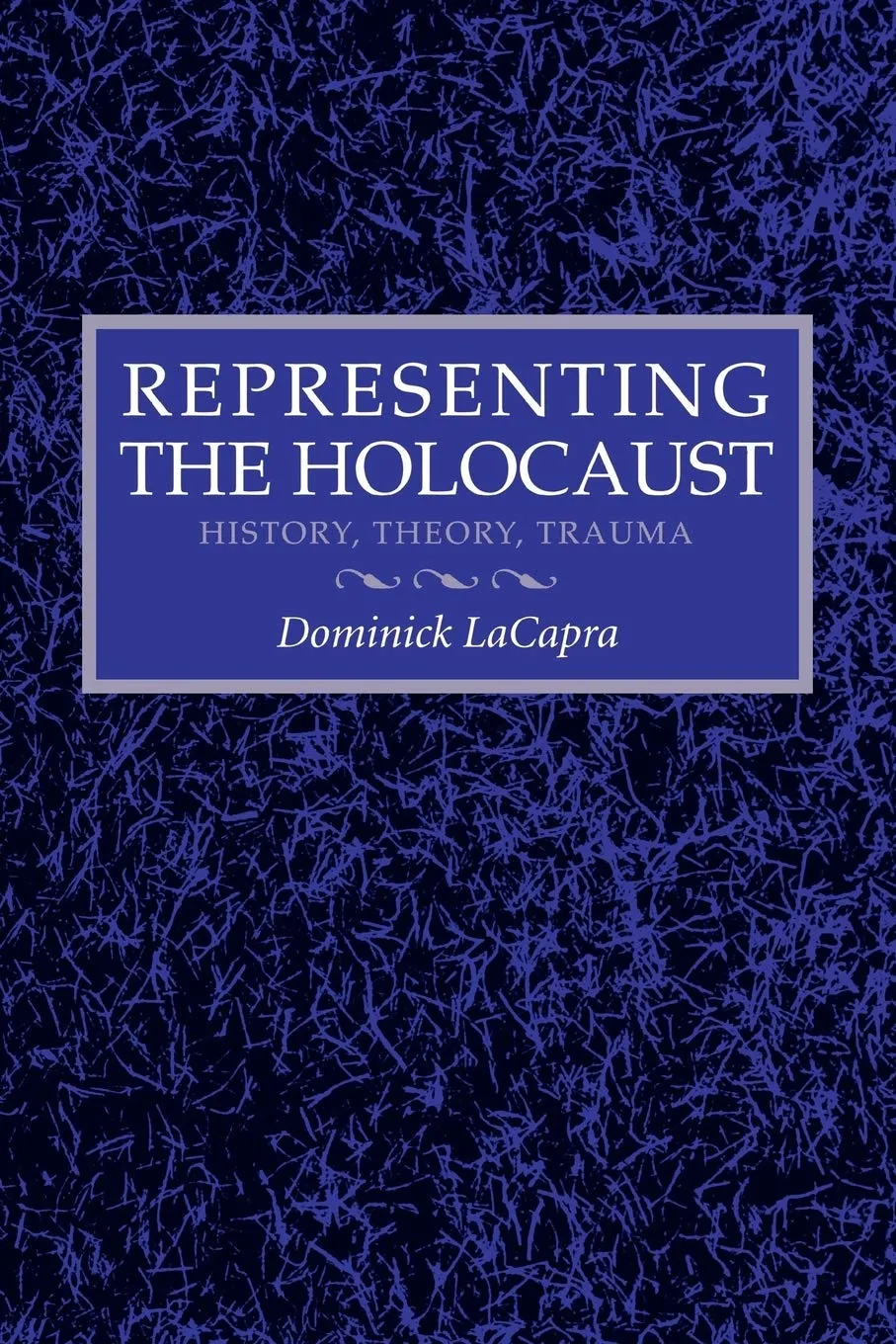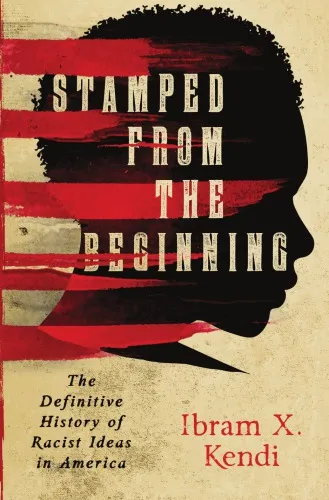Representing the Holocaust: History, Theory, Trauma
4.0
Reviews from our users

You Can Ask your questions from this book's AI after Login
Each download or ask from book AI costs 2 points. To earn more free points, please visit the Points Guide Page and complete some valuable actions.Related Refrences:
Introduction
Welcome to an in-depth exploration of Dominick LaCapra's transformative work, "Representing the Holocaust: History, Theory, Trauma." This book serves as a profound reflection on the representation of the Holocaust, touching on historical, theoretical, and traumatic perspectives. Through this piece, LaCapra delves into how the Holocaust is depicted, understood, and remembered, providing crucial insights into its historical and cultural implications.
Detailed Summary of the Book
Dominick LaCapra's "Representing the Holocaust: History, Theory, Trauma" is a pivotal text that engages with the intricate narratives surrounding the Holocaust. The book meticulously dissects how the Holocaust is represented in various academic and public discourse. LaCapra explores the often-complicated relationship between history and memory, emphasizing the relevance of this engagement in the face of traumatic events. He addresses the challenges in portraying the Holocaust both accurately and sensitively, highlighting the implications for historians, theorists, and survivors alike.
LaCapra's work breaks the boundaries between different academic disciplines, positioning itself within a landscape where history, literary theory, and cultural studies intersect. By doing so, it provides a nuanced understanding of how trauma influences both personal and collective memory. Through detailed analysis, LaCapra scrutinizes key concepts such as trauma and testimony, the ethics of historical representation, and the role of empathy in Holocaust narratives. His discourse challenges readers to reconsider commonly held perceptions, ensuring the Holocaust is not only remembered but understood in a way that respects its complex legacy.
Key Takeaways
- Interdisciplinary Approach: LaCapra combines history, cultural theory, and trauma studies, offering a comprehensive view of Holocaust representation.
- Understanding Trauma: The book illuminates how trauma affects memory and narrative, emphasizing the need for sensitive engagement with Holocaust narratives.
- Ethics of Representation: LaCapra stresses the ethical considerations in depicting traumatic histories, underscoring the importance of accuracy and respect.
- Critical Reflection: Readers are encouraged to reflect critically on their own perceptions and the broader cultural narratives of the Holocaust.
Famous Quotes from the Book
"Empathy, while being both necessary and problematic, must be cultivated with an awareness of its potentially assimilative and appropriative aspects."
"The relationship between trauma and representation is pivotal in addressing how we understand, narrate, and memory is passed down across generations."
Why This Book Matters
"Representing the Holocaust: History, Theory, Trauma" is essential reading for anyone interested in understanding the nuanced interpretations of the Holocaust. LaCapra's work is a critical resource for academics, educators, and students who wish to explore the intersections of history, memory, and trauma. Its importance lies in its ability to provoke thought and dialogue, encouraging readers to grapple with the moral and ethical dimensions of historical representation.
This book is not only pivotal in Holocaust studies but also offers significant insights for those interested in trauma studies and cultural theory. By addressing the challenges in representing such an immense tragedy, LaCapra provides invaluable guidance on how we can learn from the past and strive towards a more informed and empathic future.
Free Direct Download
You Can Download this book after Login
Accessing books through legal platforms and public libraries not only supports the rights of authors and publishers but also contributes to the sustainability of reading culture. Before downloading, please take a moment to consider these options.
Find this book on other platforms:
WorldCat helps you find books in libraries worldwide.
See ratings, reviews, and discussions on Goodreads.
Find and buy rare or used books on AbeBooks.
1581
بازدید4.0
امتیاز0
نظر98%
رضایتReviews:
4.0
Based on 0 users review
Questions & Answers
Ask questions about this book or help others by answering
No questions yet. Be the first to ask!





![Denial [Movie Tie-in]: Holocaust History on Trial](https://s3.refhub.ir/images/thumb/Denial__Movie_Tie-in___Holocaust_History_on_Trial_5630.webp)








